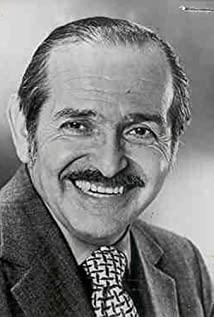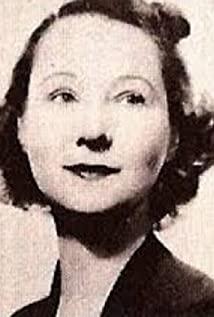There were many ideological films in the 1970s, but "Annie Hall" used personalization to reflect the characteristics of the times, which is the success of the film. Personalization is a very difficult thing to express. For example, James Cameron and Michael Bay are both technical madmen. Maybe if the two exchange roles, Michael Bay can also shoot Avatar, James Cameron can also shoot Transformers, It's just that Na'vi might be sexier, and Transformers might not need actors. The bottom line is that their films in recent years have not shown a personal thought in terms of themes and connotations. And "Annie Hall" shows Woody Allen's rebellious thoughts through every detail of the film: various humorous and intriguing lines, criticizing the self-built theoretical system used in everything (just in line with the counterculture movement's thoughts), various grotesque behaviors of obsessive-compulsive disorder, and extreme egocentricity (essentially a denial of reality, stemming from criticism). Leaving aside the use of these contents for the theme, at least it highlights the brand that the era has left on the director, making it stand out from the crowd. And there is also a drawback to highlighting the personalization. When the film is filled with Woody Allen's thoughts and even forces the audience to enter his way of thinking of "seeing Snow White falling in love with the evil queen", there will be audiences who will not agree with him. It disgusts, this is the shortness of personalization.
The film also uses personalization to express a form of rebellion. For example, the film uses a combination of reality and non-reality. The hero and heroine go back to the past together to explore their childhood and point fingers at their childhood. Another example is that the film constantly breaks the "fourth wall", that is, the actor communicates with the audience in front of the camera and so on. There is also the composition of the film, a little bit from east to west, and there are some shadows of stream of consciousness, what to say when you think of it. These were extremely unconventional techniques at the time, and regardless of their role in the performance of the theme, they also reflected that the director wanted to carry out a kind of rebellion, a kind of breaking convention. To sum up, "Annie Hall"'s "manifesto" of the era is not sent to the content or theme of the film, but is enriched in its form. Of course, combined with the content and theme of the film, a deeper understanding will be obtained.
Let's talk about the love story of the film itself. "Annie Hall" is Woody Allen's exploration of love in his own way of thinking. After watching the film, we can laugh that Woody Allen was wise enough to not use this love story to rant about himself in order to show the rebellion of a New York intellectual. The whole story is vivid and profound. The film tells that Alvey, a comedian played by Woody Allen, meets Annie Hall, a simple woman who dreams of becoming a singer, played by Diane Keaton. The two quickly fall in love. After maturity, the two gradually distanced themselves and found that the life between the two had lost their passion. In the film more than once, the two people's respective thinking changes are spliced into two parallel lines, let us experience the two people's crossed emotional lines, and reflect his love key word: running-in. There is no doubt that Alvie and Annie love each other deeply. When a dark humor and a simple run-in failed and turned into a helpless and an independent, they expressed Woody Allen's concept of love: two people who are not suitable. Even if people love each other, it is difficult to stay together. In short, it is inability to love, which reminds me of the male and female protagonists in the eternal vision of the beautiful heart, who are also incapable of love, but the love of the eternal sunshine of the beautiful heart cannot originate from a universal love. Fading, "Annie Hall" shows the contradiction formed by the self-growth of two people. Obviously "Annie Hall"'s attitude towards love is more aesthetically valuable and more profound. I especially like a clue like this in the film. Alvey had previously recommended to Annie a movie about the Holocaust that Annie thought was boring. Later, Annie gradually fell in love with the movie, but the two did not get closer, but became more distant. All because Alvie lost control over Annie. This gain and loss make them the perfect stage in the running-in process, and the two rub against each other when this is the same as the other. This kind of lust can't help but appear sad, but it has a dark humor that makes people sigh but also accept it, so it doesn't appear contrived. This is a particularly successful film performance theme.
All in all, Woody Allen's films have a paranoia, a compulsion. He likes to use films to instill his own values in moviegoers, and he also narcissistically shows his knowledge, showing his extreme attachment to New York. Although people who don't like Woody Allen will resent his paranoia, Woody Allen's works can not only show his own way of thinking, but also reflect the way of thinking of an era, so I want to experience and think about the research era Features, whether "Annie Hall" or some of his other works, can play no small role.
View more about Annie Hall reviews











